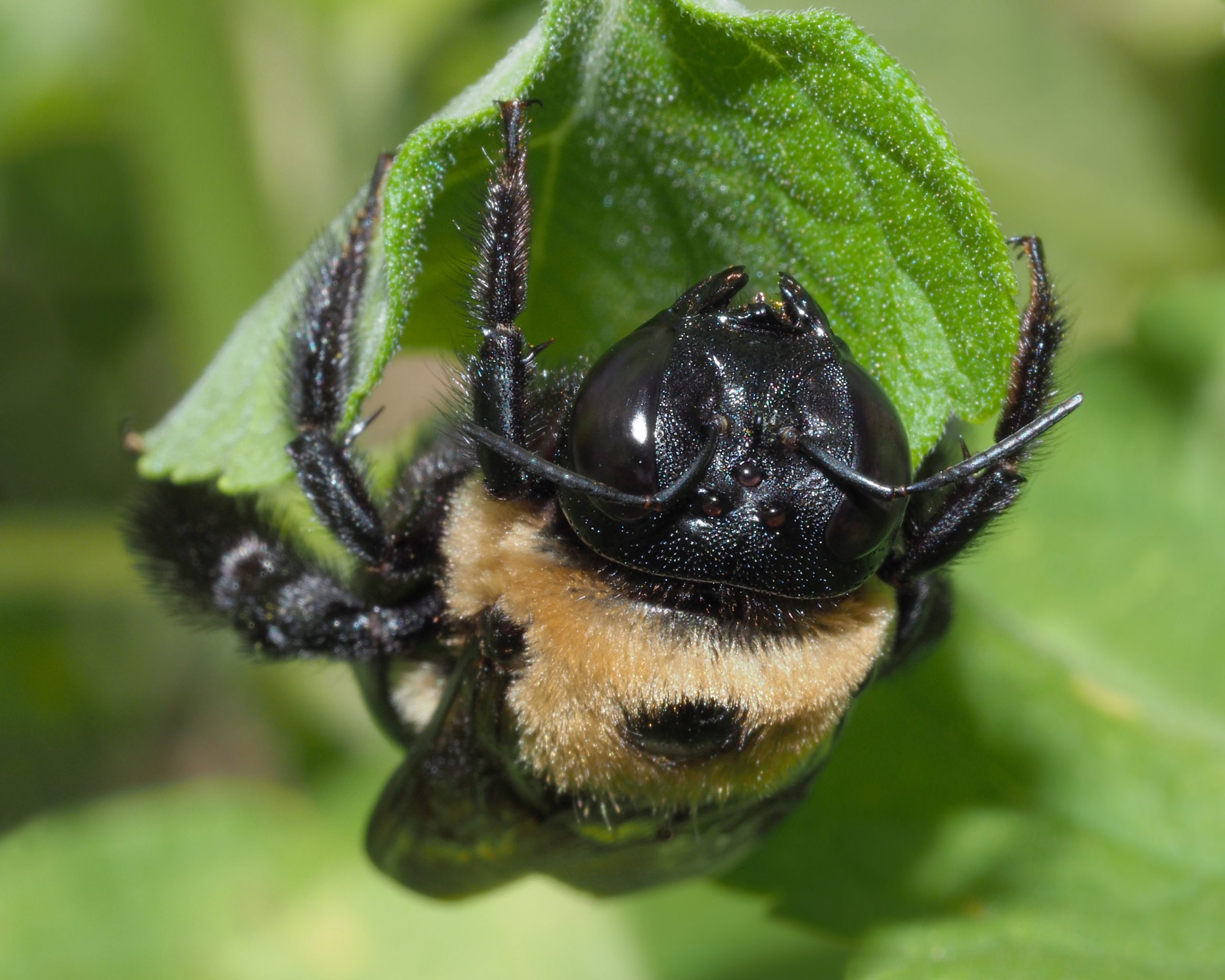More Manuka Honey Means Less Pollination?
April 13, 2016
Manuka Honey , Honey Bees, Honey Industry
In the past few years, Manuka honey prices have gone up as their value and global appreciation went up even further, especially given the few producers who were actually in the market. Because of that high market value, beekeepers all over New Zealand—the birthplace and only known grower of Manuka bushes—are trying to break into the Manuka honey market and capitalize on the industry’s growth, with John Berry, a Beekeeping Association president, saying the huge surge of interest has soared as the honey prices have.
While these beekeepers are free to do as they choose, because so many are moving to Manuka honey, there are fewer hives available for renting out for pollinating orchards and crops. Such facts could cost the New Zealand agricultural industry millions of dollars, which may not affect those buying Manuka honey across the world, but it’s an area of concern for everyone’s favorite honey regardless. Major agricultural operations depend on beekeepers renting out their hives to the operations’ landowners to pollinate large caches of crops, which wild honeybees can rarely do on their own at the rate required by the demands of the populace.
Fewer available pollinating hives means higher prices on those few hives, thereby limiting flexibility for agricultural landowners and more land for honeybees to cover, which could have a negative impact on the honeybees themselves given there is only so much they can handle. John Berry said of the issue: “The biggest danger is that we’re going to lose all our hives for pollination, and there will be no hives for apple and kiwifruit pollination, and that day is approaching fairly fast.”
The strange thing about the situation in New Zealand is because so many beekeepers are entering the Manuka honey business, there will likely be a decline in the overall price of Manuka honey due to the surplus likely to occur with so many suppliers. The price for rental hives would increase right along with the decrease of Manuka honey valur, and Berry commented on this by saying, “It won’t be long before some of the bigger pollinators will look at the economics of it and say ‘I have to get out of this to compete in the beekeeping world’, and when that day comes there is going to be real strife.”
While it would be wonderful to have more Manuka honey in the world, there’s a good chance an oversaturated market could create a heavy imbalance in New Zealand, leaving beekeepers and agricultural landowners at a financial loss. Even if oversaturation becomes the norm, as the free market demands the less successful Manuka honey producers will need to find another industry to create better income for themselves—and at that time the pollinating industry might be a market looking for new blood.


.jpg)




